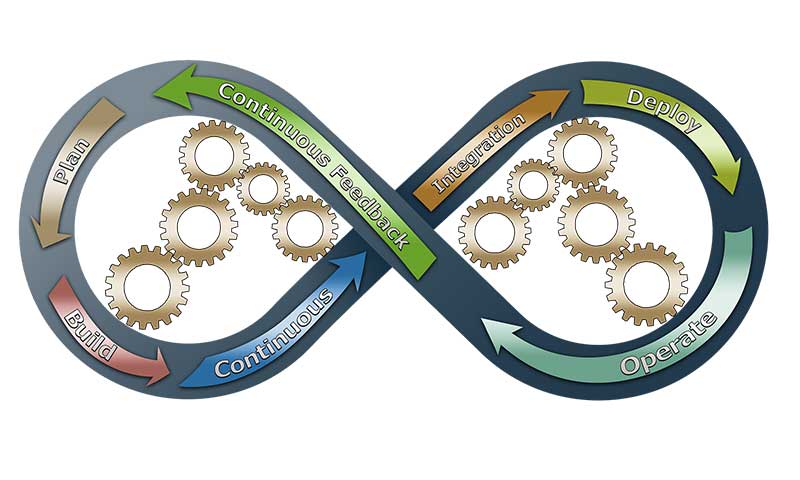
Retail PLM – Challenges and Opportunities
Table of contents
Retail PLM
This situation is forcing retail companies to rapidly adjust and be innovative in shop planning, diversifying assortments and analysis while making sure that the brand identity is kept. At the same time, the leading retail companies are expanding in a number of stores, new geographical areas and assortment content.
This introduces challenges with communication and follow-up within the existing workforce and with the increasing number of suppliers, who are essential as they may own the relevant product information.
Additionally, sustainability requirements and increasingly stringent government regulations result in complex business processes and traceability procedures to be implemented. In light of those challenges, it is obvious that retails are searching for ways to make better business decisions and maximize consumer satisfaction.
Experiences from retail companies show that one key prerequisite in order to meet business challenges in the retail industry is to ensure that the innovation process is controlled, measurable and is as efficient as possible. The innovation process is referring to single products, assortments, and campaigns, all from idea to realization.
Unfortunately, the everyday reality at retail companies is quite the opposite.
Product-related information is not managed effectively. But instead as “information islands” between different departments followed by unstructured and cumbersome communication, both internally and externally, with suppliers.
Additionally, no evident assortment planning may be used. Priorities and process ownership are not always clear. Aggregated information is hard to analyze and compose (e.g. list of products including a dangerous substance). Difficulty to prioritize tests and follow-up quality parameters. Difficulty in identifying consumer patterns and follow-up claims.
One major result of this situation is that the expansion effort is becoming over-expensive and in some cases is not possible.
One solution approach to address the business barriers is to establish an information platform for the innovation process that will act as an infrastructure for expansion and quality.
A suitable approach for that kind of platform is called Product Lifecycle Management (PLM). PLM was originally developed by the aerospace and automotive industries and is currently being adopted by an increasing number of retail companies.
PLM stands for simplification by digitalization – a platform where all product-related information is found, managed and followed-up in one place that is globally available for all (HQ departments, sourcing offices, chosen suppliers etc.).
In PLM the innovation process is managed from idea to realization while minimizing internal inefficiencies and replacing existing Excel, mail and file folders.
What can a PLM solution do for retail businesses?
- Establish an infrastructure for growth
- Improve innovation by increasing value-adding work
- Create the prerequisites for an effective assortment planning
- Increase product appeal and consumer experience by utilizing store virtualization and configuration
- Enable product-centric decision-making based on consumer input and behavior combined with sales statistics
- Strengthen branding by enforcing the usage of brand definition, logos, messaging and other standards utilization of templates and workflows
- Positively impact decisions related to calendars, cost and quality by performing virtual product qualification early in the development process
- Integrate regulatory compliance and sustainability into the product innovation process to reduce the chances of last minute changes and product recall
- Complement the transactional process (order placement, warehouse management etc.) and the marketing process.
Find more information in the PLM Magazine – Retail Edition
Do you agree with Arik? Are these problems common in retail businesses? Do you experience anything else? Please share your thoughts by leaving a comment!
Discover more about TECHNIA’s PLM solutions for the Retail industry



